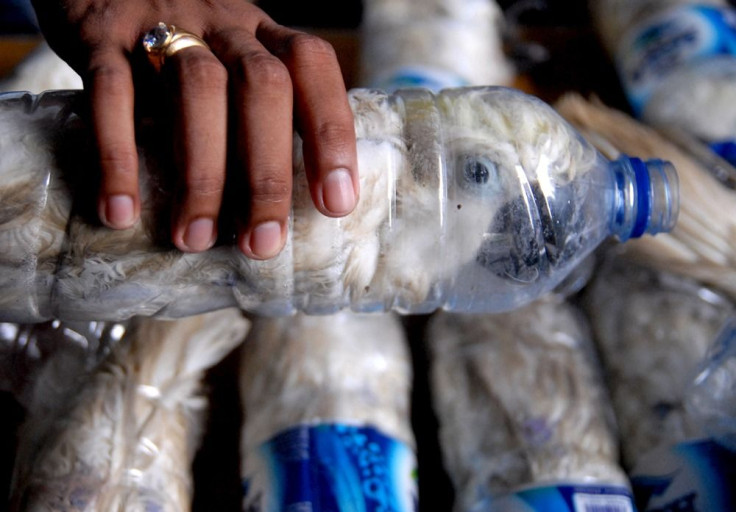Endangered Cockatoos For Smuggling Found Cramped Inside Plastic Bottles

Indonesian authorities seized a consignment of endangered cockatoos that are stuffed inside plastic bottles. The Monday bust confiscated at least 21 of these birds at Tanjung Perak port in Surabaya.
According to the spokeswoman for Tanjung Perak police Lily Djafar in a CNN report, it was not the first case of animal smuggling involving birds. She said that the authorities have seized illegally trafficked animals before, which include over 200 rare and endangered species.
Port police spotted a passenger getting off the boat carrying jerry cans containing birds. Police went on to inspect the boat and discovered there were 21 more stuffed in plastic water bottles.
Yellow-crested cockatoos, one of the cockatoo species seized, are native to Indonesia. The consignment was reported to cost around £650, or $1200 on the black market.
The birds that were seized were still alive but in a very weak condition, Djafar told CNN. Officials freed the birds from their cruel confinement and gave medical treatment since. However, seven of them perished later on.
CNN reports that wildlife smuggling is a big industry in Indonesia. Animals are usually taken from their habitat—the Indonesian lush forests—and then sold to meet the demands of exotic pet trade. Some are also illegally hunted for their meat and medicinal properties.
Richard Thomas, Traffic International’s global communications coordinator, told CNN that smugglers who place birds inside plastic bottles only show how far people are willing to go just to smuggle birds. The water-bottle method is a commonly used smuggling method, according to the Facebook page of Traffic Southeast Asia.
The IUCN lists yellow-crested cockatoos as Critically Endangered by 2007 and there are only about 7,000 of them left. Hunting and slow rate of reproduction are two major causes of their population decline. Indonesia law fully protects yellow-crested cockatoos, and international trade involving the species is restricted by CITES.
To report problems or leave feedback on this article, email: wendylemeric@gmail.com.





















